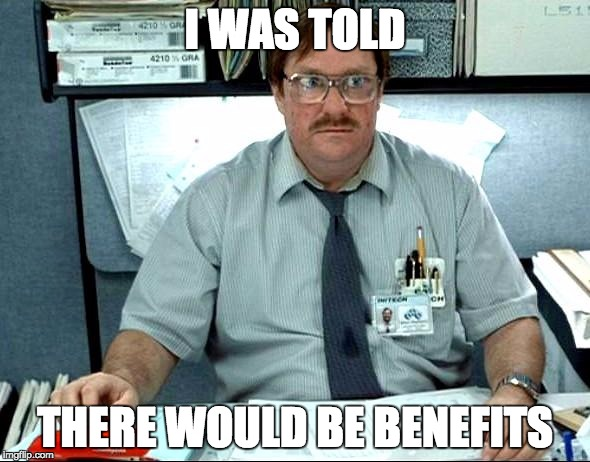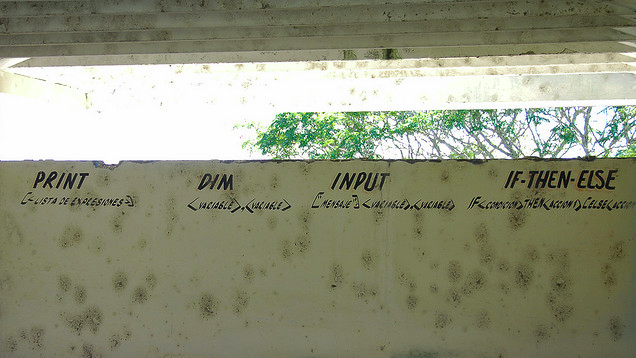
Tag Archives: Programming
There are two ways to write error-free programs; only the third one works-Alan Perlis
There are two ways to write error-free programs; only the third one works
Alan Perlis
Goodbye, Object Oriented Programming

I’ve been programming in Object Oriented languages for decades. The first OO language I used was C++ and then Smalltalk and finally .NET and Java.
I was gung-ho to leverage the benefits of Inheritance, Encapsulation, and Polymorphism. The Three Pillars of the Paradigm.
I was eager to gain the promise of Reuse and leverage the wisdom gained by those who came before me in this new and exciting landscape.
I couldn’t contain my excitement at the thought of mapping my real-world objects into their Classes and expected the whole world to fall neatly into place.
I couldn’t have been more wrong. Read more »
Kitchen coding

I’ve developed a love of cooking. Perhaps even an obsession. It’s been good for my diet, and good for my palette.
When my mental health providers cut off the stimulants I had been taking for a decade to treat my ADHD, the only real upside to the new regime was that it was really easy for me to stop working at the end of the day (if I made it that far). Because my brain wouldn’t let me sit at a computer for any extended period of time, I ended up having free time in the evenings.
I’ve always been decent in the kitchen. Kind of like I’ve always been decent at coding, writing, and even sports in my younger years. To the extent that I could make it work, anyway. But, like coding, I decided there were things I could do better and started studying my meals in detail. Read more »
Computer Science Concepts Explained In Layman’s Terms

Here’s a list of important computer science theories and concecpts that most computer science undergraduate courses will cover. All explanations are intuitive, simple, and non-technical. It’s like an ultra-fast-track computer science degree program for everyone, just to get you to understand the general concepts.
Important notes:
- Explanations without specified source are self-written. Correct me if you spot any inaccuracies. Suggest a better one if possible!
- Headings are linked to their respective Wikipedia articles. Please refer Wikipedia for more serious and detailed explanations.
- Analogies are awesome, but not perfect. If you want fully understand the concepts, you need to boil things down to the most fundamental truths and then reason up from there.
- Huge thanks to Redditors for pointing out my mistakes and suggesting better analogies.